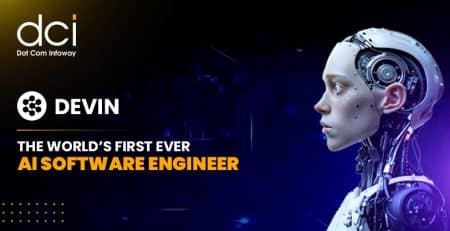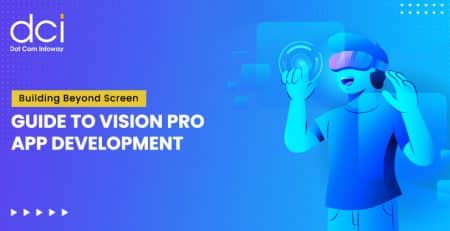Web Trends 2010: What Can We Expect?
When it comes to web trends, 2009 was one virtual battlefield, with everything – from yesterday-startups to 20-something giant corporates – fighting neck to neck for web elbow room. Top tech trends in 2009 ranged from real time search and social media APIs to small startups winning million fans and big giants closing several shops.
It seems like the same wave would continue in the year 2010. Twitter, the most popular trend of the passing year, would undoubtedly remain the leader next year. Facebook would, as usual, have the leading edge in social networks and Google would, as ever, be innovating into web and mobile space.
What does 2010 have in store for us? Let’s take a look:
Google Chrome OS: Well, it’s true, Google the big daddy in Internet industry, is waiting to prove their magic on operating systems. Google Chrome OS is a light weight, open source operating system that powers netbooks. According to the Google blog, Google netbooks will be available for consumers only in the second quarter of 2010. Google Chrome targets users, who spend most of their time on the Internet. Since Google is known for innovation in their projects, Chrome OS is expected to gain a huge market share. Looks like its time for Microsoft to wake up and brush its product.
Apple Tablet PC: Some say its fake news, some believe it is real. Whatever be the true story, Apple’s Tablet PC is under the table right now. In a recent blog post from TechCrunch notes that it is rumored that John Biggins is making Apple Tablet PC in his basement, which is going to be called Apple Slate or iSlate. It also stated that Apple Slate will hit the market at $437 MSRP and will be bundled with power adapter and quick start guide. Though nothing is certain now, users expect a lot from the Tablet. Meanwhile, Apple is tight lipped about the whole Tablet news.
Google Wave: Yet another product from Google, which made waves and revolutionized web communication. Google Wave was launched in September 2009. But initial release was open only for developers. On 29th of November, Google accepted invitation requests and opened Wave to 100,000 users. Google Wave still remains in beta. The idea behind Wave is to make communication a seamless stream (a wave) without any breakage. Email would become outdated with Google Wave.
RFID (Radio Frequency Identification Tag): RFID is a tracking system, which uses intelligent sensor to track items. RFID tags, when placed inside an object, triggers an action from a mobile phone action within a particular range. Rumors say that Apple’s next iPhone will use RFID technology. It means the iPhone media player will use physical objects to control media playback. So, your iPhone will play car video, if you place it in front of the car, house video if it is in front of your home. The iPhone, in short, will have an intelligence to sense items and respond to them.
Nexus One (Google Phone): The much-rumored phone is set to launch in the first month of 2010. It’s not just a smart phone, it’s a smarter phone with a powerful 1 GHZ snapdragon processor, the fastest mobile processor in the world. Some sources claim that Google Phone uses VOIP (Voice Over Internet Protocol) as this feature already exists with Google Voice. The phone may use Google Talk for messaging.
Mozilla Firefox 4.0: It’s been more than a year since we got news about Firefox 4.0. It is said that Firefox will sport a different graphics (borrowed from Windows 7) and feature a glossy window. It may come with an option for moving browser tabs to the top of application display, which is the so-called “tab a top”. According to some sources, Mozilla will release a public review of Firefox 4.0 in June 2010.
Cloud Computing: Cloud Computing is an architectural model of Internet based computing. It allows users to access technology enabled services from the Internet without having to control technologies behind the servers. In 2010 and the coming years, the whole process of computing may become part of the internet cloud. With Wave and Chrome OS gaining prominence, we can expect desktop computing to become obsolete in a decade or so.
Realtime Search: Realtime search is already gaining popularity with search engines. Search engines currently use Twitter API to fetch realtime results. Since realtime search is still under testing, 2010 will definitely see a major breakthrough in realtime search.
Semantic Web: A semantic algorithm of searching to get relevant results. It is a search done using data from semantic networks. A semantic search engine attempts to make sense of search results based on context. For example, if you search for “Education” a semantic search engine might retrieve documents containing the words “University”, “Schools” and “e-learning”, even if the word “Education” is not found in the source document. Top five Semantic search engines available right now are: Hakia, SenseBot, Powerset, Deepdyye and Cognition. Semantic search may see an upward trend in 2010.










